The semiconductor industry is at the heart of the global economy , driving the era of artificial intelligence (AI) and energy-efficient computing. This opportunity opens a big door for Vietnam to move up to higher-value segments in the global supply chain.
In the seminar "Unlocking opportunities for Vietnam's domestic supply chain in the field of semiconductor equipment manufacturing", experts from semiconductor enterprises and research institutes pointed out important lessons and factors that Vietnam needs to prioritize.
Lessons from the Netherlands
Mr. Kees Van Baar, Ambassador of the Netherlands to Vietnam, said that equipment manufacturing is the "backbone" of the country's semiconductor industry thanks to strong support from the Government .
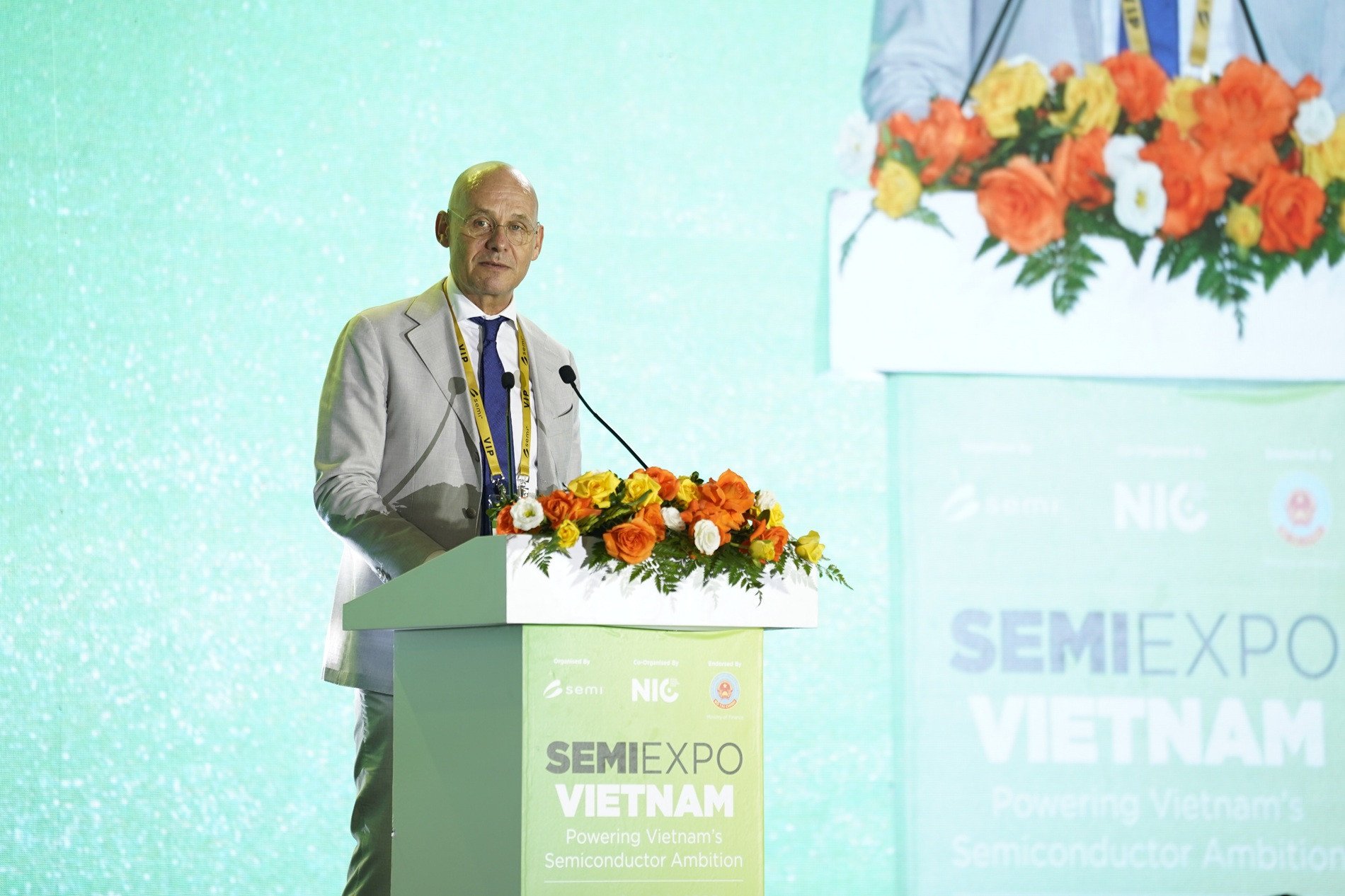
Mr. Kees Van Baar, Ambassador of the Netherlands to Vietnam, shares about the country's semiconductor industry. Photo: Organizing Committee
It is worth noting that about 90% of the value created in the Dutch chip industry comes from suppliers, not from the main manufacturers. This supply system is multi-layered and multi-disciplinary, from metalworking, mechanics, mechatronics, optics, to technical services.
This is due to high precision engineering capabilities, strong investment in R&D and an attractive environment for technical talent. Today, on average 85% of the integrated circuits (ICs) in electronic devices worldwide are produced using machinery designed and manufactured in the Netherlands.
According to Ambassador Kees Van Baar, understanding this structure will open up new opportunities for Vietnam when promoting production, creating advantages for Vietnamese enterprises to become suppliers for global corporations.
"As production capacity grows along with a strong supporting industry, it will create advantages for Vietnamese enterprises to become suppliers in the global semiconductor value chain, especially for corporations that already have factories in Vietnam," he emphasized.
Three "survival" principles for suppliers
From the perspective of the world's leading equipment manufacturing group, Mr. Brian Tan, President of Southeast Asia of Applied Materials, shared about the sustainable supply chain strategy based on three principles: flexibility and resilience, sustainability and reliability.
Accordingly, suppliers need to adapt quickly to changing markets and geopolitical and macroeconomic uncertainties. Applied Materials wants its supply chain to be close to its manufacturing centers. The group is currently aiming to increase the proportion of its supply chain spending in Southeast Asia to more than 20%, as its factory in Singapore accounts for nearly 50% of global production.
Regarding reliability, he emphasized that a particularly important factor for Vietnamese businesses is intellectual property (IP) protection. This is a special industry that contains sensitive information, requiring partners to comply with security and have good cybersecurity capabilities.
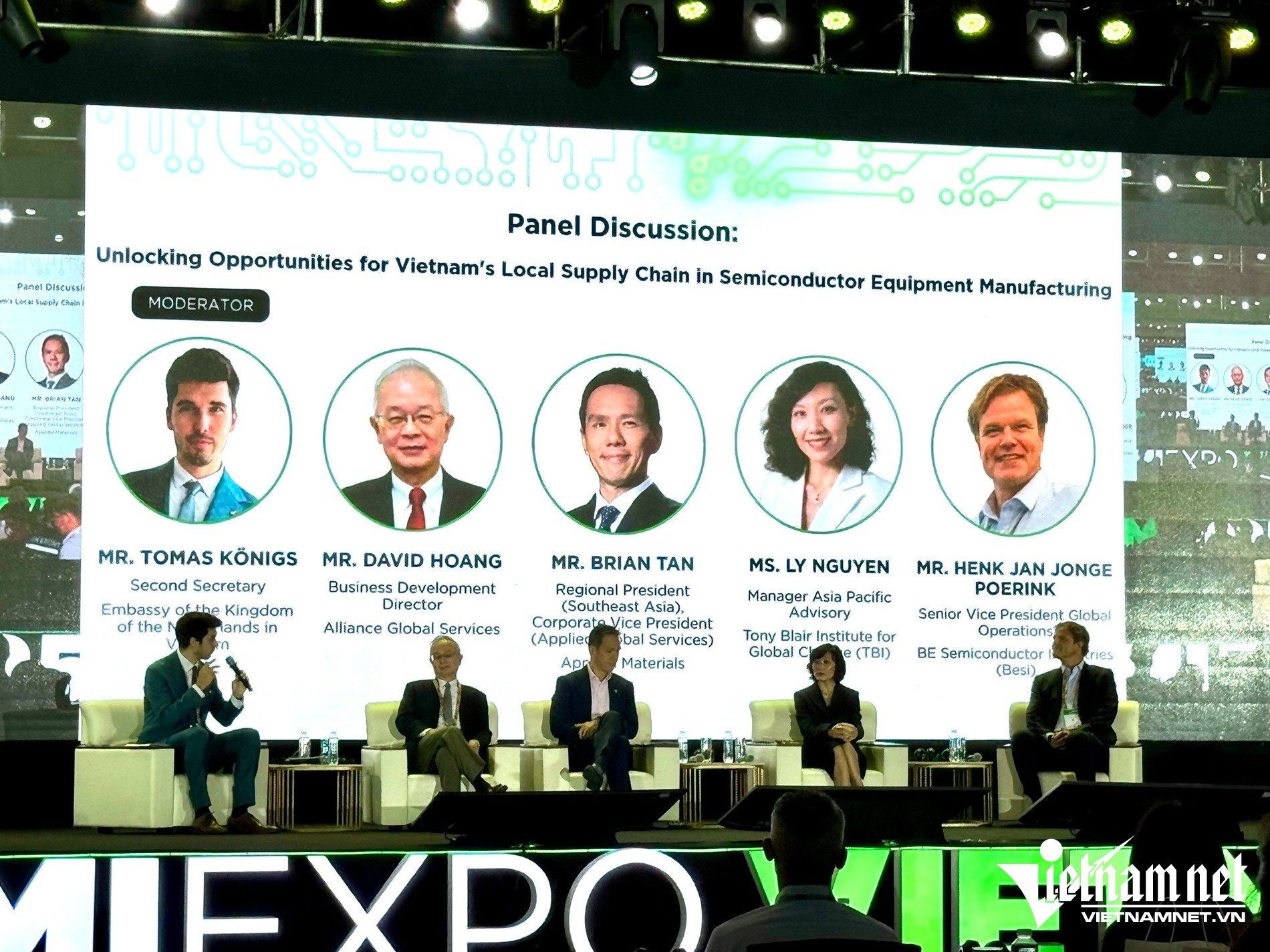
Speakers discussed opportunities to participate more deeply in Vietnam's semiconductor supply chain. Photo: Du Lam
Meeting these expectations is not easy, but agility is a must. BE Semiconductor Industries (BESI) Senior Vice President Henk Jan Jonge Poerink said the company built its Vietnam factory three years ago to “keep up with customers” as they expand into the country. BESI is aiming for 80% localization.
To support partners, BESI organizes training programs and sends suppliers to overseas factories to learn practical processes. The company has a team of quality engineers dedicated to developing suppliers, not only to place orders but also to support them to meet standards.
He believes Vietnam needs to continue developing its cleanroom and precision machining capabilities, but is confident it will find suitable partners, like in Malaysia and China.
The success of Alliance Global Services (AGS) in Vietnam is a testament to this. Starting with the client Applied Materials, AGS moved production to Vietnam to expand thanks to its competitive costs and highly skilled engineering team. Mr. David Hoang, AGS Business Development Director, affirmed that the company's success is due to understanding customer needs and ensuring absolute quality.
“ Vietnamese engineers are hardworking, creative and quick learners: that is the foundation that helps us build long-term and trustworthy relationships,” he emphasized.
Perfecting the ecosystem and prioritizing human resource training
To continue its development momentum, Vietnam needs to further improve its semiconductor ecosystem. Ms. Ly Nguyen, Asia-Pacific Regional Consulting Manager, Tony Blair Institute for Global Change, proposed many policies, including: building a long-term, clear strategy to define Vietnam's position; clearly assigning roles between the State - Enterprises - Academies; setting specific, measurable goals in the semiconductor strategy; clear guidelines on intellectual property protection and harmonizing technical standards with international standards; and investing heavily in R&D.
Ms. Ly Nguyen emphasized: "If I had to choose the most urgent priority, I think it is human resource development." It is necessary to strengthen coordination between the state, businesses and universities in training, internships and skills improvement.
The speakers agreed that Vietnamese businesses need to specialize in a segment they want to serve (pre-production or post-production), proactively approach customers and innovate together. Strengthening the Vietnamese semiconductor industry will help diversify the global supply chain, bringing benefits to Vietnam, the Netherlands and many other countries.
![]()
Nearly 11.6 billion USD of foreign investment in Vietnam's semiconductor industryAccording to Deputy Minister of Science and Technology Bui Hoang Phuong, Vietnam currently has over 170 foreign investment projects in the semiconductor industry, with a total registered capital of nearly 11.6 billion USD.
Source: https://vietnamnet.vn/co-hoi-moi-de-doanh-nghiep-viet-nam-tham-gia-sau-hon-vao-chuoi-cung-ung-ban-dan-2460733.html



![[Photo] Cutting hills to make way for people to travel on route 14E that suffered landslides](https://vphoto.vietnam.vn/thumb/1200x675/vietnam/resource/IMAGE/2025/11/08/1762599969318_ndo_br_thiet-ke-chua-co-ten-2025-11-08t154639923-png.webp)




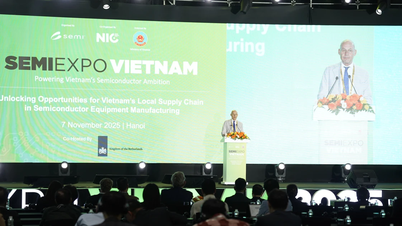





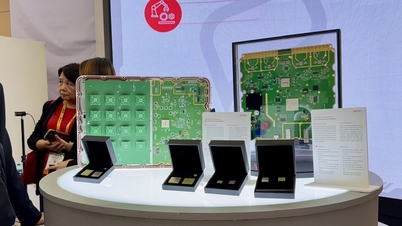
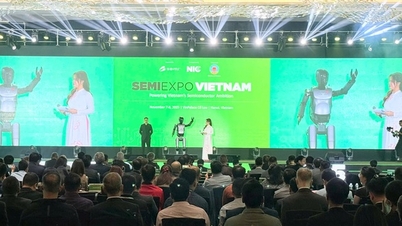

















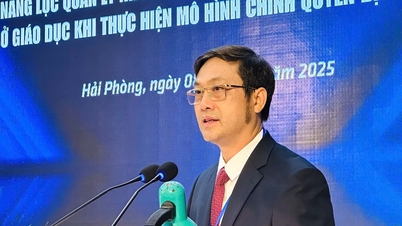

![[Photo] "Ship graveyard" on Xuan Dai Bay](https://vphoto.vietnam.vn/thumb/1200x675/vietnam/resource/IMAGE/2025/11/08/1762577162805_ndo_br_tb5-jpg.webp)








![[Video] Hue Monuments reopen to welcome visitors](https://vphoto.vietnam.vn/thumb/402x226/vietnam/resource/IMAGE/2025/11/05/1762301089171_dung01-05-43-09still013-jpg.webp)



























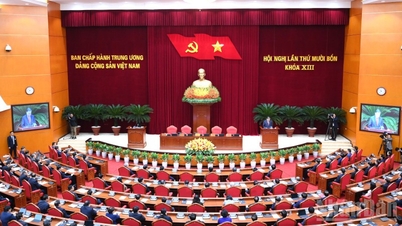













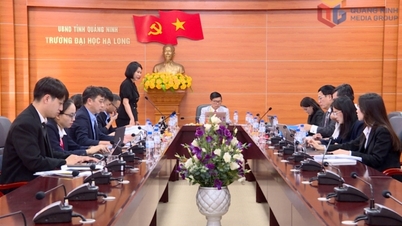

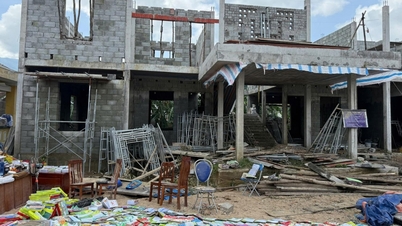



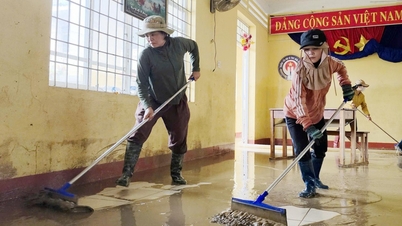
















Comment (0)